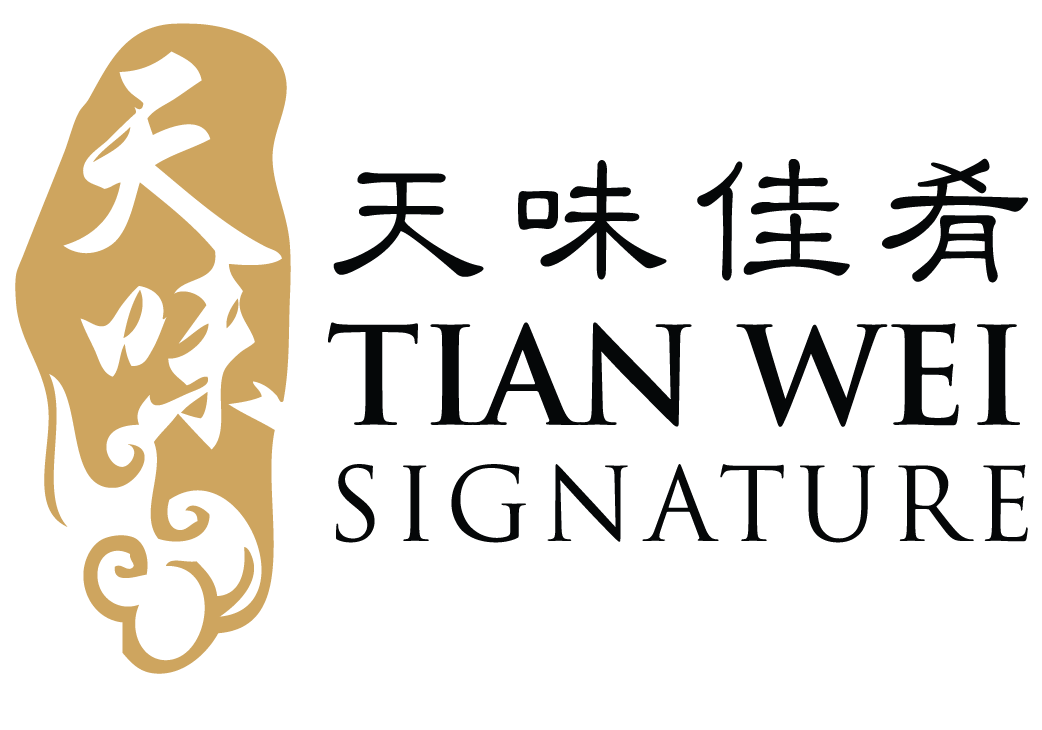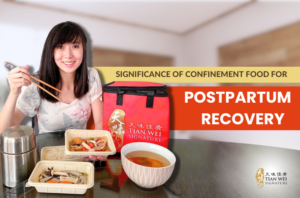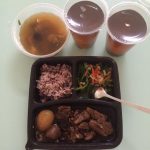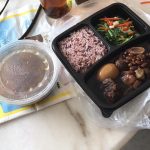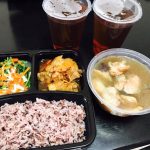81 Tagore Lane, TAG A, #01-11 Singapore 787502 ♦ Reservation : +65 6727 5599
Should I Follow a Weight Loss Diet While Breastfeeding?
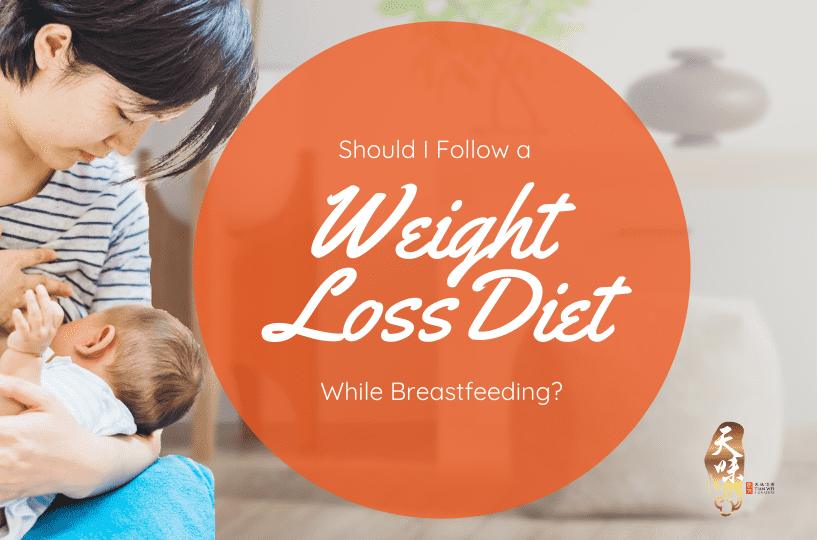
So you’ve gained some weight during pregnancy, and that weight isn’t really leaving your body. When you look into the mirror, you see these unfamiliar stretch marks and flabs. You might start to miss the body you had before pregnancy and believe that you can shed the baby weight to get back to that state if you go on a diet. So you think of restricting your food intake, but another thought pops into your mind — is following a weight loss diet breastfeeding friendly?
For starters, you should know that breastfeeding is one of the best ways to lose weight. This is because milk production uses up the fat cells that were stored in the body during pregnancy and also the calories from your food intake. Not only do you get to feed and provide nutrients to your little one, you get to lose weight faster than if you do not breastfeed. But if that and the added workload of being a new mother isn’t enough to deter you from dieting, it is still possible for you to follow a weight loss plan without inhibiting a good flow of breast milk.
But first, there are a few important guidelines that should be adhered to in order to maintain your safety and health when following a diet plan while breastfeeding, and also your baby who consumes whatever you do.
- Do not start dieting until your confinement period is over or 2 months after birth. This gives your body time to adjust and recuperate so that you do not tarnish your health in exchange for a fit, slim figure, which incidentally is not guaranteed either.
- Do not undereat. A mother requires an additional 300-500 calories in order to provide a good supply of milk to her child. It is best to gradually reduce your portion size and not go straight on the offence. Should you go to the extreme and cut out a big portion of your food right away, your body might take it as a sign of starvation and send signals to stop non-essential activities such as milk production, and you wouldn’t want that for your kid.
- Do not lose weight too quickly. The optimum weight loss journey should see roughly about a 0.5kg weight drop per week. Losing more than that can adversely affect your health and milk supply.
- Steer clear of fad diets and those that promise quick results. Be it pills or liquid diets, those are an absolute no-no for a breastfeeding mother as she would need all the energy and nutrients she can get and not ruin her metabolism, milk production, and strength in the process.
Post Pregnancy Diet and Food During Breastfeeding
A typical breastfeeding period is 1-2 years, although some mothers opt to wean their babies off earlier or later which is fine as there are no hard and fast rules. It is during this period that mothers feel particularly ravenous that it could feel like they’re feeding a black hole, and this can lead to guilt and more determination to get rid of the fat quicker.
Even though professionals do not recommend weight loss diets to breastfeeding mothers, there are some tips that could help accelerate the weight loss process without compromising their wellbeing. The important thing is to eat at least 1500-1800 calories a day. Any less than that could result in a weaker constitution in the long run. Also, drink plenty of water and get ample sleep as hydration and rest are key to good health.
So how to get started on the journey? What food should you incorporate in your diet? It all comes down to the basics, eating the right food in moderation.
- Fruits and vegetables: This should come to no surprise. Fruits and veggies are a good staple for diets as they bring so many nutrients, fibre, and are not very high in calories. Plus, they are tasty and are high in fibre.
- Lean protein: Fish, chicken, or turkey (skinless white-meat poultry) are good additions to a weight loss plan. They help you to lose fat and are great at building cells and muscle mass. Other examples of lean protein are plain greek yoghurt, tofu, and egg whites.
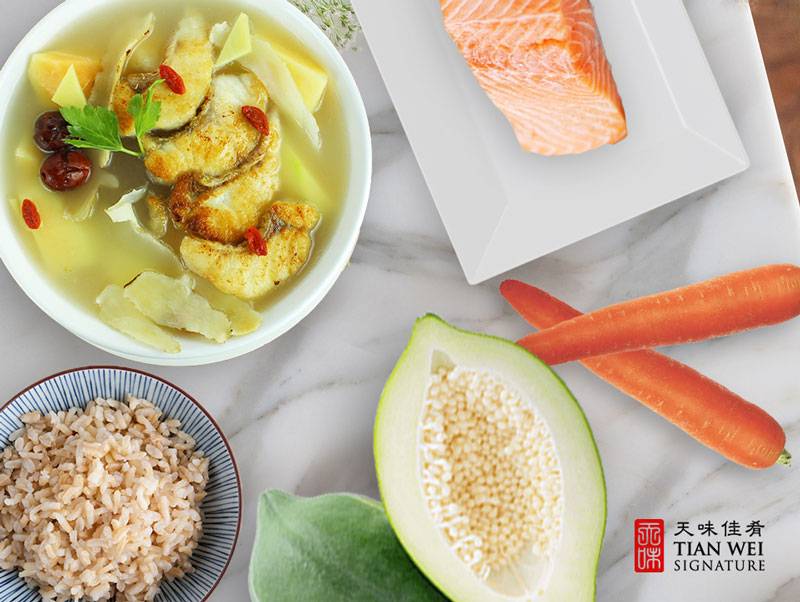
- Carbohydrate: Do not follow diets that promote zero carbohydrates. It is still an essential part of a proper meal and it gives you the energy required to go about your daily activities. As those with refined sugar and white grains should ideally be avoided, you can get your daily dose of carbohydrates from oats, quinoa, sweet potatoes, and many more.
- Healthy fat: Depending on the type of fat you consume, it will find its way to your baby’s food, your milk. Which is why you should go for monounsaturated fat and omega-3 fatty acids. They can be found in eggs, avocados, nuts, olive oil, and chia seeds, to name a few.
Confinement Diet Plan
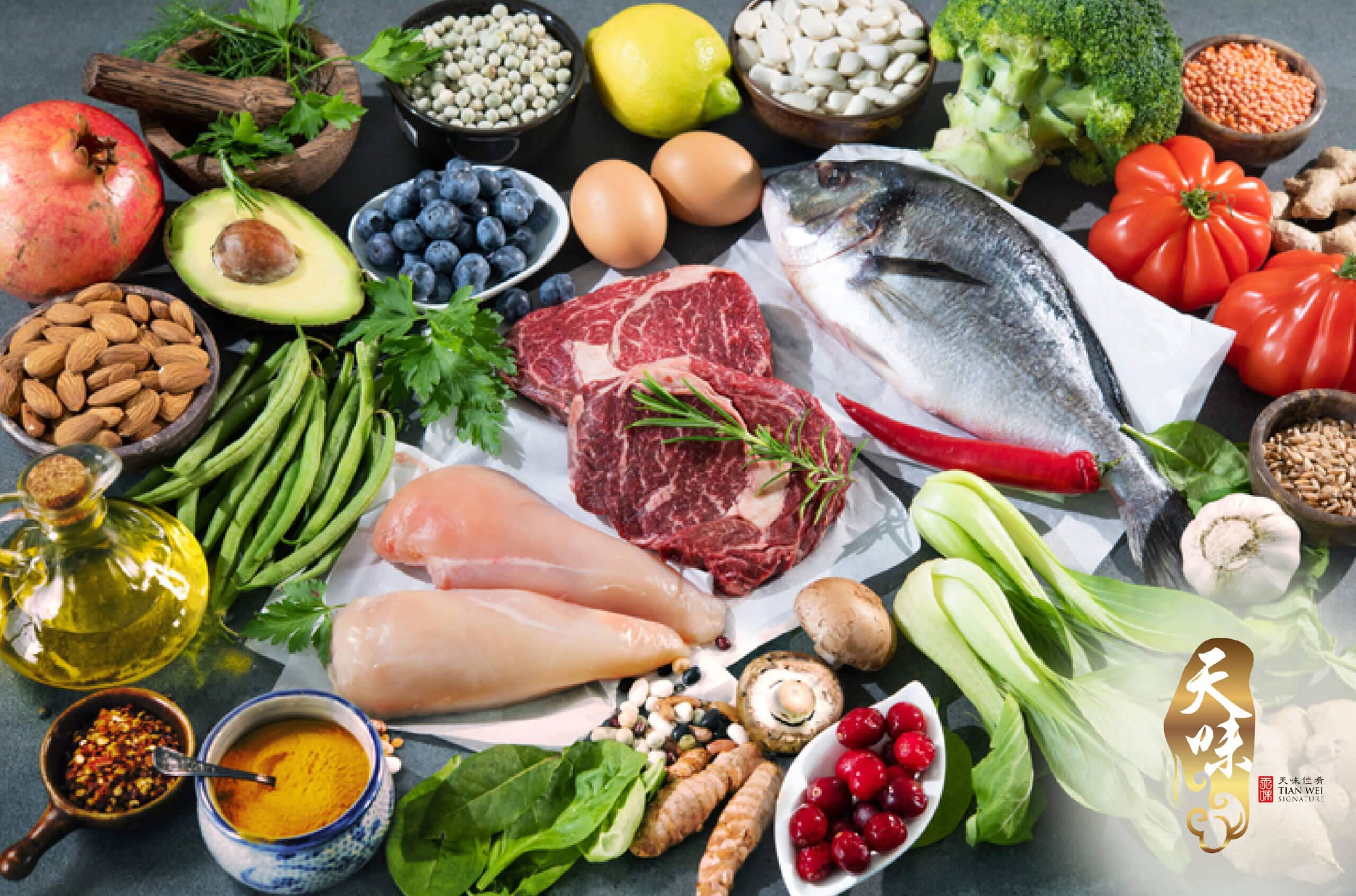
As childbirth puts a woman in a vulnerable state, your diet must be nourishing and strengthening. Your nourishment, diet, and digestion all play important roles in making sure you are on the right track of recovery. It is so important that mothers are generally asked to go on a liquid diet after c-section, usually for the first 24 hours. This is to ensure that their digestive system is working properly before you eat something heavier.
The confinement period usually has her on a special diet that is tailored to those needs and is said to boost blood circulation, reduce heartiness, and increase milk supply.
Thus, during confinement, you should focus on eating high protein and low fat meals to promote wound healing and good digestion. Eating small meals throughout the day will also help to sustain your body. Of course, you do not need to be eating at every hour, but you should have nutritious snacks and soups in between the main meals to keep you going. Furthermore, iron-rich food is a must to avoid iron deficiency as a lot of blood is lost during the birthing process. So this is the time to get back all that iron you lost.
The thought of confinement might seem restricting what with all the superstitions and things to abstain from you have heard from multiple people especially the elderly. But do not lose sleep over those ‘rules’ as confinement is a time of recovery and bonding. There won’t be a better time to recuperate and form a strong connection to that tiny human you just brought into the world.
